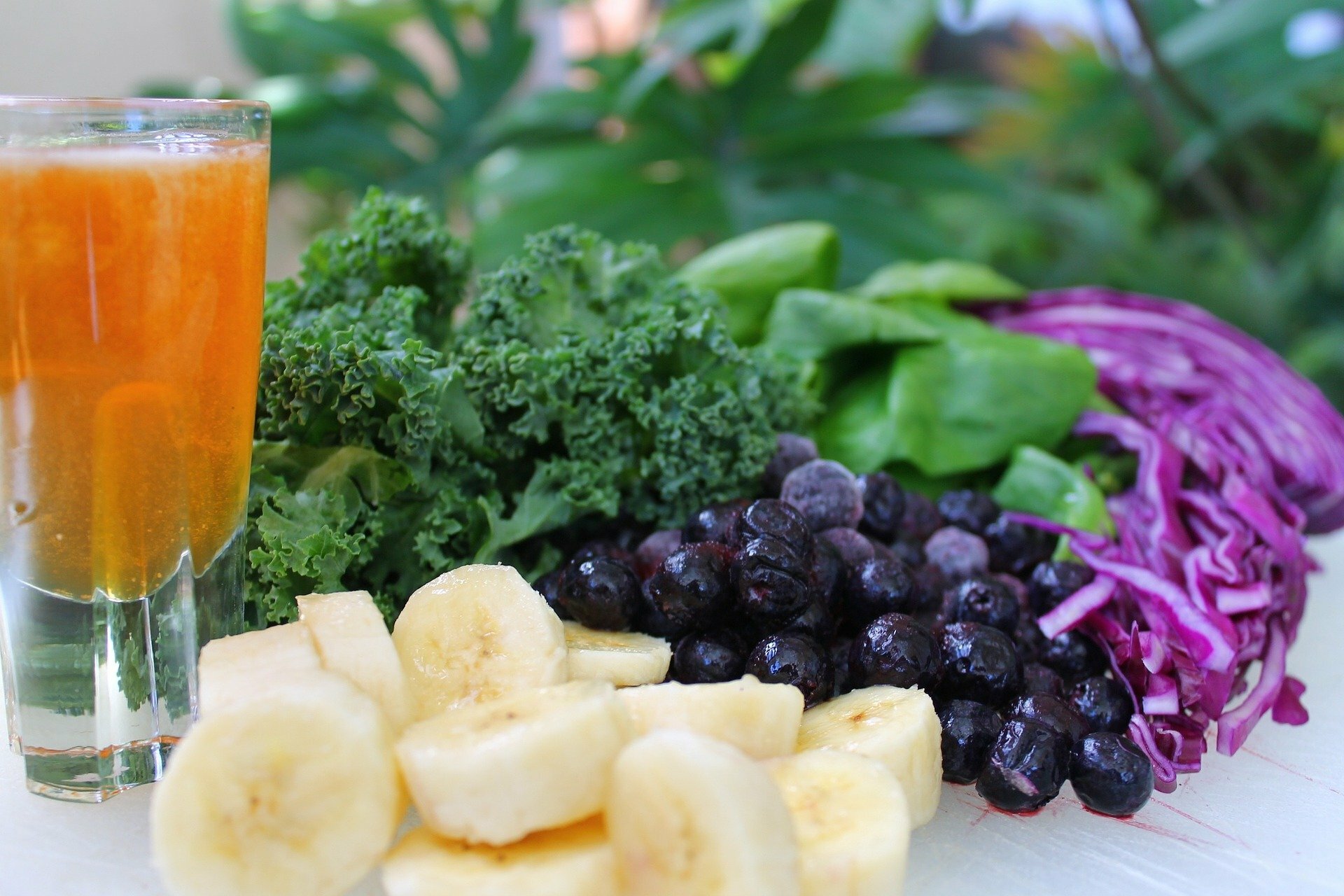Depending on whom you speak to, some people may be pro or anti juicing. Despite that, no doubt, juicing has become quite popular around the world. Its popularity is because of the many health benefits associated with drinking fruit or vegetable juices. Nevertheless, some concerns also exist regarding juicing. One such concern has to do with fiber. Fruits and vegetables provide numerous health benefits because of the fiber they contain. Does the tissue disappear when juicing fruits and veggies? Here are some expert insights on the subject.
Read More: What is the best vegetable to juice?
How Juicers Work
To understand this issue better, you would first have to learn how juicers work. Usually, juicers extract the juice from fruits and vegetables. They are only interested in the actual liquid or fluid contained in these foods. Whatever else that makes the fruits or vegetables what they are will not make it past the extraction. Based on this, you would be wrong to expect to find fiber in the juicing. For example, in extracting juice from a single orange, you would have all the liquid you need, with only 0.2gms of fiber making it through.
Now assuming that the average person needs 25gms of fiber each day, how many oranges would you have to juice? The situation isn’t any different from the other types of fruits and vegetables. Juicers have the same effect on the other foods as they do on oranges. On average, you should expect your juicer to leave you 90 percent less fiber. In doing that, however, it doesn’t affect the number of nutrients that it sends to your body. With juicing, you will be getting the fill of nutrients without the equally essential fiber.
Soluble vs. Insoluble Fiber
Additionally, it’s essential to understand that two types of fiber are in fruits and vegetables. The two are soluble and insoluble, with the latter being available in seeds and skins. Stalks of veggies and fruits also have a substantial amount of the roughages. As established above, juicing eradicates a significant portion of the latter. It does not affect the soluble version, though. Consequently, you would still be getting some fiber. The sad part, though, is you will not be getting the right amount.
Insoluble fiber has several benefits. For a start, you feel fuller after consuming it. Secondly, it keeps the hunger pangs that might be messing you up at bay, too. Based on this, you need this type of fiber to help you control your weight. What’s more, this fiber is highly effective for people who opt to juice for weight loss. Insoluble fiber also helps you with regular bowel movement, as long as you consume the right amount. You also need it for treating various health conditions such as:
- Fecal incontinence
- Constipation
Does the Removal of Insoluble Fiber Matter?
Lastly, it’s essential to talk about the effect of missing insoluble fiber. Does the fact that your body lacks it matter? The body needs both types of fiber. However, the fact that you are only getting soluble rather than insoluble fiber means that you’re not receiving all the health benefits that your body craves. Without ample fiber in your body, you would be increasing your likelihood of dying from some seemingly minor health conditions. With both tissues in your body, you would reduce your chances of dying from infectious, heart, and respiratory diseases.


Hello, I’m Scott – a juicer and blending enthusiast. I hope to inspire you to make one positive step towards your juicing or blending journey through visiting this site.
We’ll go over some easy tips, guides, hacks, and honest product reviews so that you don’t have to waste your time or money on trial and error.

